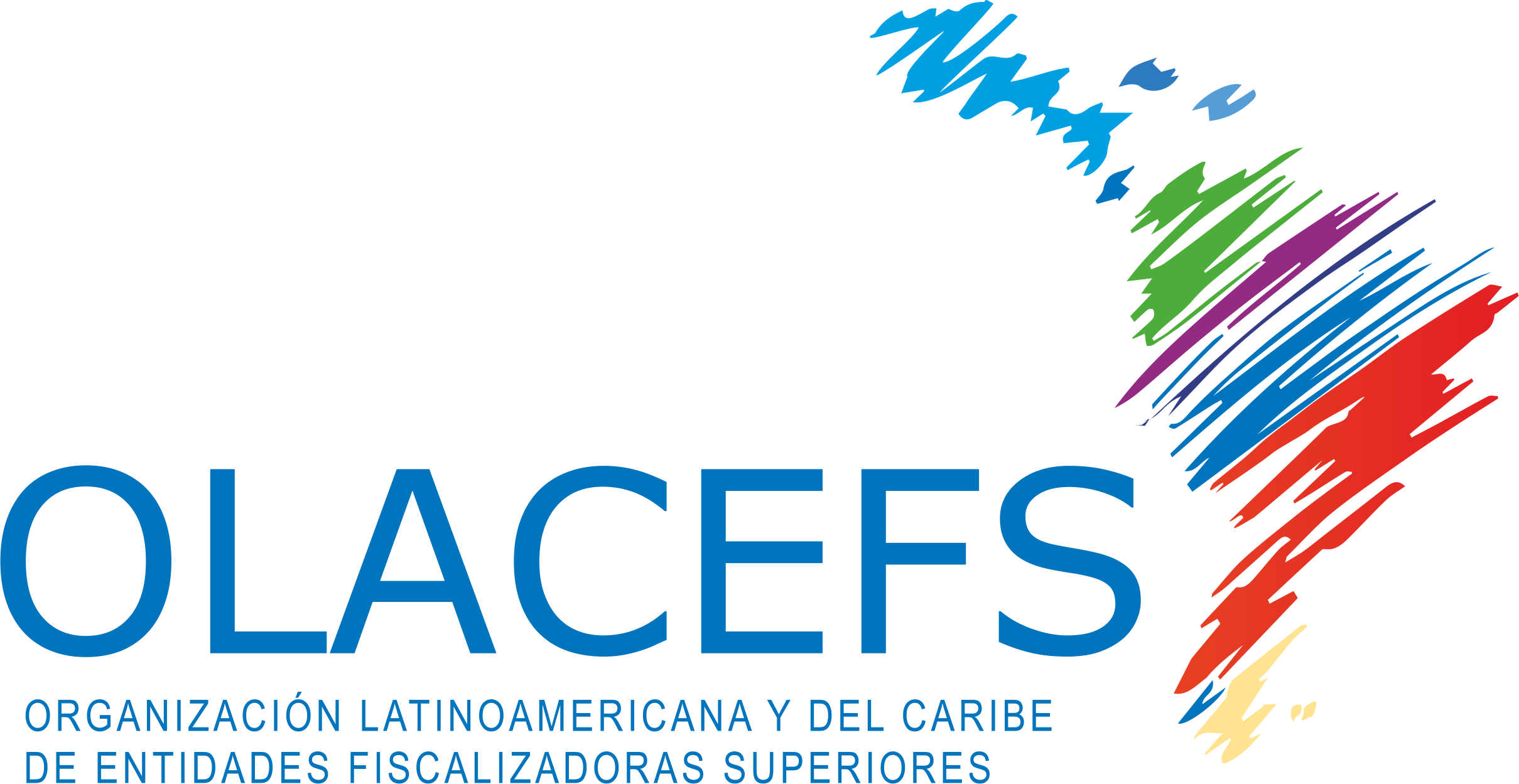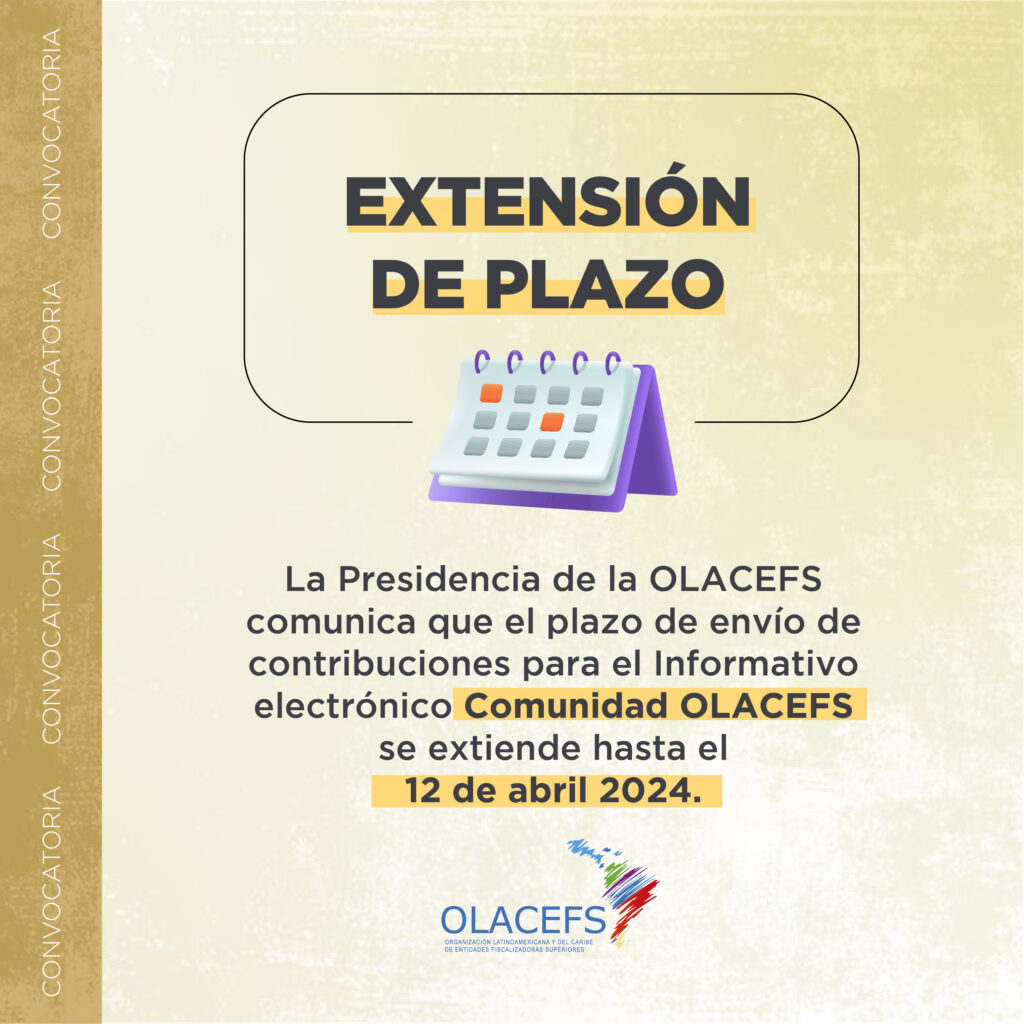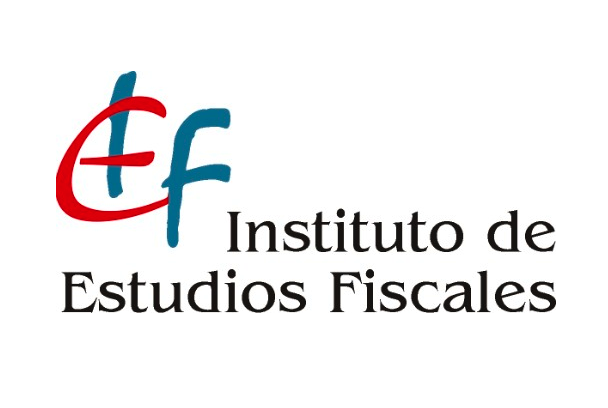On November 25, the Working Group on Gender Equality and Non-Discrimination (GTG), chaired by the Comptroller General of the Republic of Chile, held the Webinar “And what’s in it for me? Sextortion in Latin America and the Caribbean”, in commemoration of the International Day for the Elimination of Violence against Women, Orange Day, named after the UN UNiTE Campaign.
The activity was moderated by the GTG technical liaison, Daniela Santana Silva, Head of the Cooperation and International Relations Unit, and was well attended by participants from Chile, Spain, Argentina, Ecuador, Uruguay, Honduras, Brazil, and Colombia, with more than 120 spectators in the digital room.
The welcome was given by the president of the GTG, Mr. Jorge Bermúdez, who highlighted the activities carried out by this working group, including the application of a diagnosis on the impact of the COVID-19 pandemic; the first GTG course “Introduction to Gender Equality and Non-Discrimination”; the elaboration of the Gender and Non-Discrimination Policy; among others. He also highlighted the fundamental role played by SAIs in the issue of sexting and gender issues.
The discussion brought together panelists from different parts of the world: Ana Linda Solano from Colombia, Lawyer and EUROsociAL+ Consultant and specialist in Corruption and Gender; Lourdes Parramón, Head of Institutional Relations, Visibility and Participation at the Anti-Fraud Office of Catalonia; and Susana Medina, President of the International Association of Women Judges of Argentina, who were able, from their expertise, to provide us with an insight into the relevant issues involved in the phenomenon of sextortion. One of the focal points of the session was the complexity that sextortion brings with it, as it presents characteristics of corruption and sexual violence; therefore, the conflict entails a recognition within these two areas, which, separately, are already difficult to distinguish. In this line, the panelists highlighted the difficulty in prosecuting acts of corruption when they have a sexual component, because, on the one hand, since they do not involve capital, they are not recognized as such, and, on the other hand, because sexual violence becomes a delicate issue to address, due to social stigmatization and strong reprisals to the victims, which causes, ultimately, double impunity in acts considered as sextortion.
Finally, the panelists, Ana Linda Solano and Lourdes Parramón, answered some questions from the audience, which focused mainly on channels for reporting complaints. Ms. Parramón emphasized that a good reporting system should be gender-sensitive, without re-victimization, making the institution itself responsible for the relevant investigations and the search for evidence. From this perspective, Ana Linda Solano reiterated that the reporting channels should not focus on the victim and that resources should be invested to improve them because, although it is not considered “grand corruption,” sextortion violates people’s rights, which makes it just as harmful as corrupt practices involving capital.
To relive this experience, check out the video link in Spanish, English, and Portuguese:
Video in Spanish: https://youtu.be/O6iwsdtIKh8
Video in English: https://youtu.be/EfsnW_WXq8g
Video in Portuguese: https://www.youtube.com/watch?v=-LQWr51CkLw





